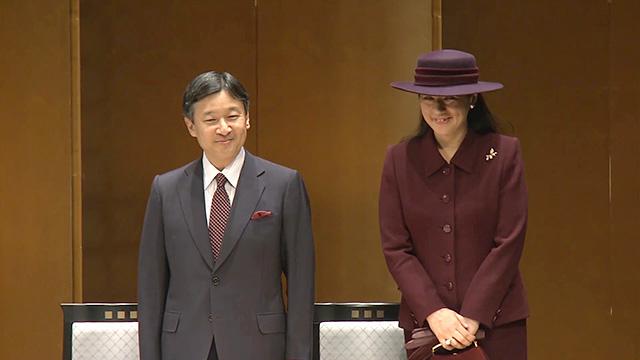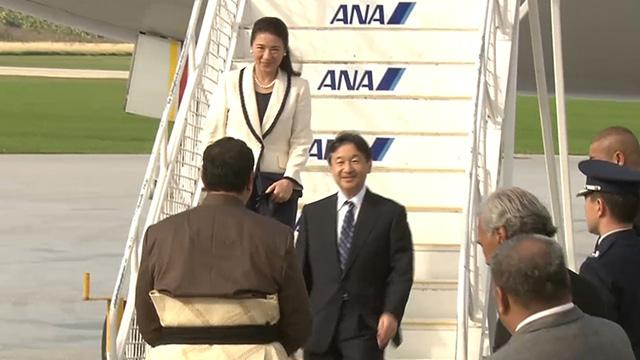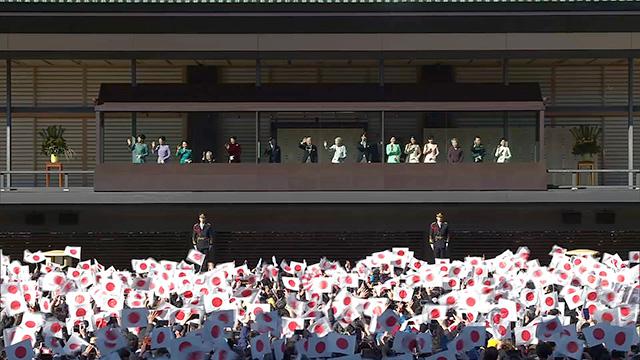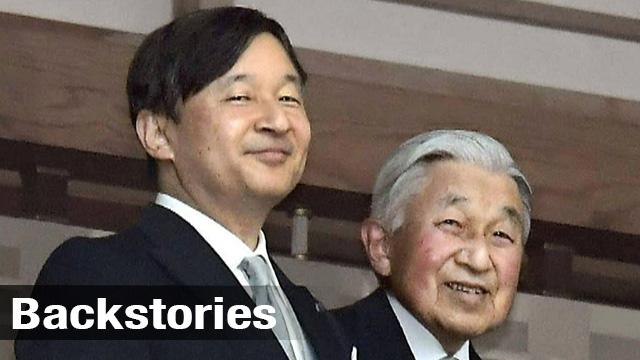The Emperor who has abdicated is now called "Joko," or the Emperor Emeritus. His son, Naruhito, has inherited all official duties as the new Emperor, which may change with time as society moves forward.
The Emperor will perform, as his father has done, "acts in matters of state" stipulated in the Constitution. They include appointing the prime minister chosen by lawmakers, convening the Diet and awarding honors.
On top of those duties, Emperor Naruhito and Empress Masako will likely take over the other activities of the Imperial Couple following the abdication. They include visiting disaster-hit regions to console the victims, commemorating the war-dead in World War Two across the Asia Pacific region, and meeting people with disabilities throughout Japan.

At a news conference in February ahead of his 59th birthday, Emperor Naruhito spoke about wanting to continue his parents' consistent attitude toward their duties, which were favorably accepted by Japanese nationals. The couple was known for their dedication in reaching out to people, especially those in need, such as residents of disaster-hit areas.
The new Emperor said he will carry out his duties as the symbol of the state by trying to be with the people and feeling joy or sadness with them, just as his parents have done.
The Emperor will not only take over his parents' legacy. He will explore new possibilities in accordance with the needs of the times.
There are issues he feels strongly about, such as water and the environment. He has researched ancient water transportation since he was a student and his interest has expanded to modern global water issues, including promoting access to clean water across the world. He has also said he wants to enhance friendships with foreign countries along with Empress Masako. She was a diplomat before she got married.

For the first time in modern history, Japan has an Emperor and Emperor Emeritus at the same time. Some have raised concerns it could look like there are two symbols of the state. But the Imperial Household Agency says that will not happen because the Emperor will take over all of the official duties as the symbol of the state.
The Agency says the activities of the Emperor Emeritus will not only be private ones, but could also include those of a public nature. It adds that they will be defined as he carries them out in the future.
Based on this, it is likely the Emperor Emeritus will meet foreign dignitaries and cultural figures he is acquainted with, make domestic and overseas trips, and attend concerts and exhibitions.
It is considered unlikely the Emperor Emeritus will attend events centered on the new Emperor, such as the New Year's poetry reading and Imperial Garden Party. But he may appear on occasions such as New Years, when the Imperial family greets well-wishers at the Imperial Palace.

Now the younger brother of the Emperor, Prince Akishino, has been given the title of "Koshi," or first in line to the Imperial throne. He will take over many of the duties which the Emperor carried out when he was Crown Prince.

